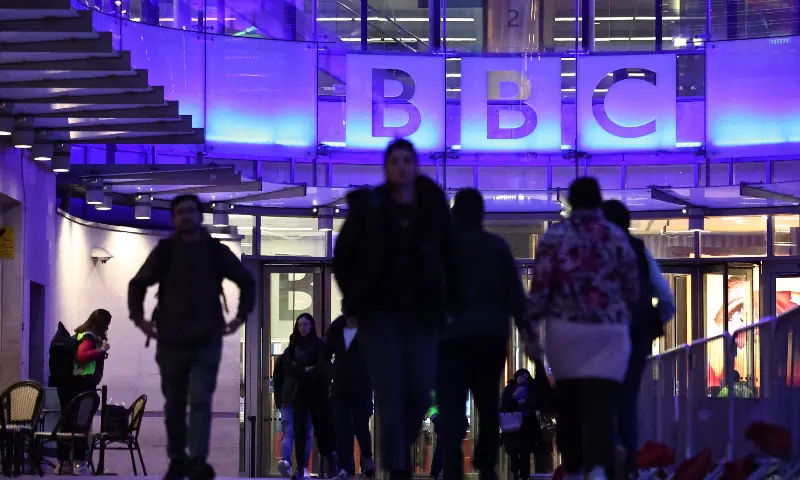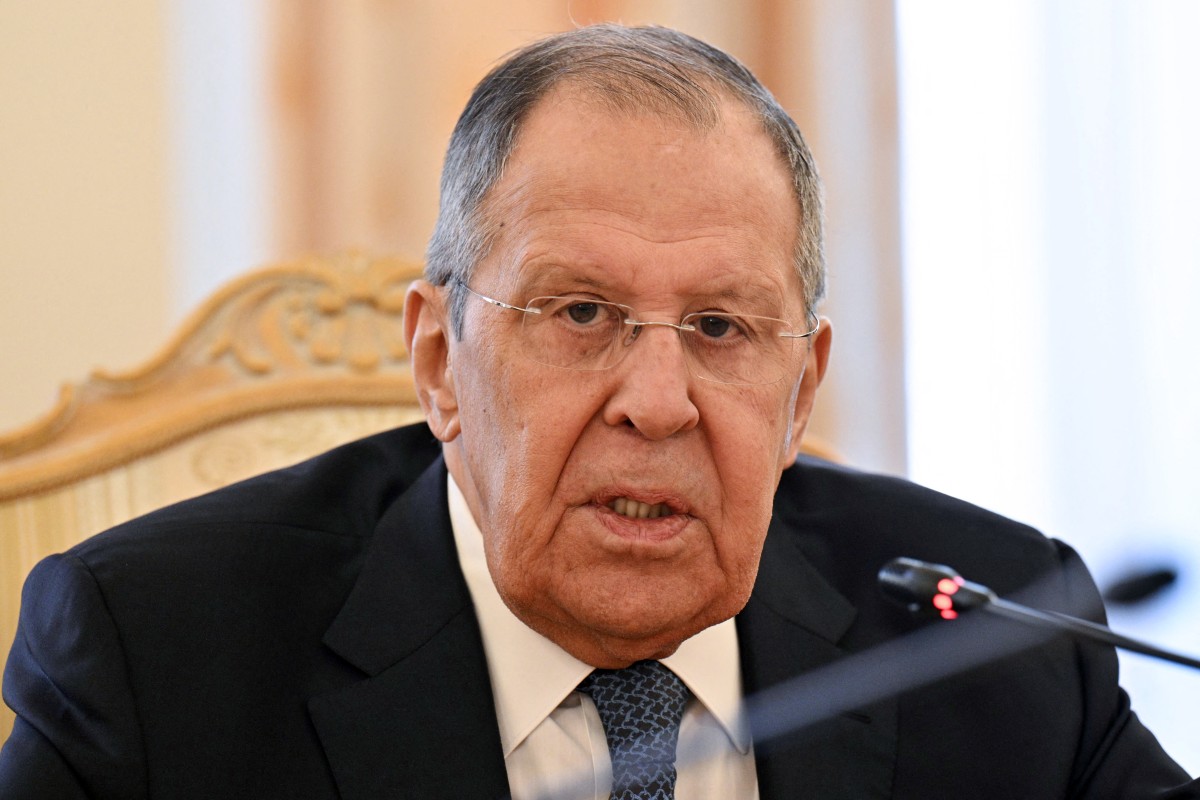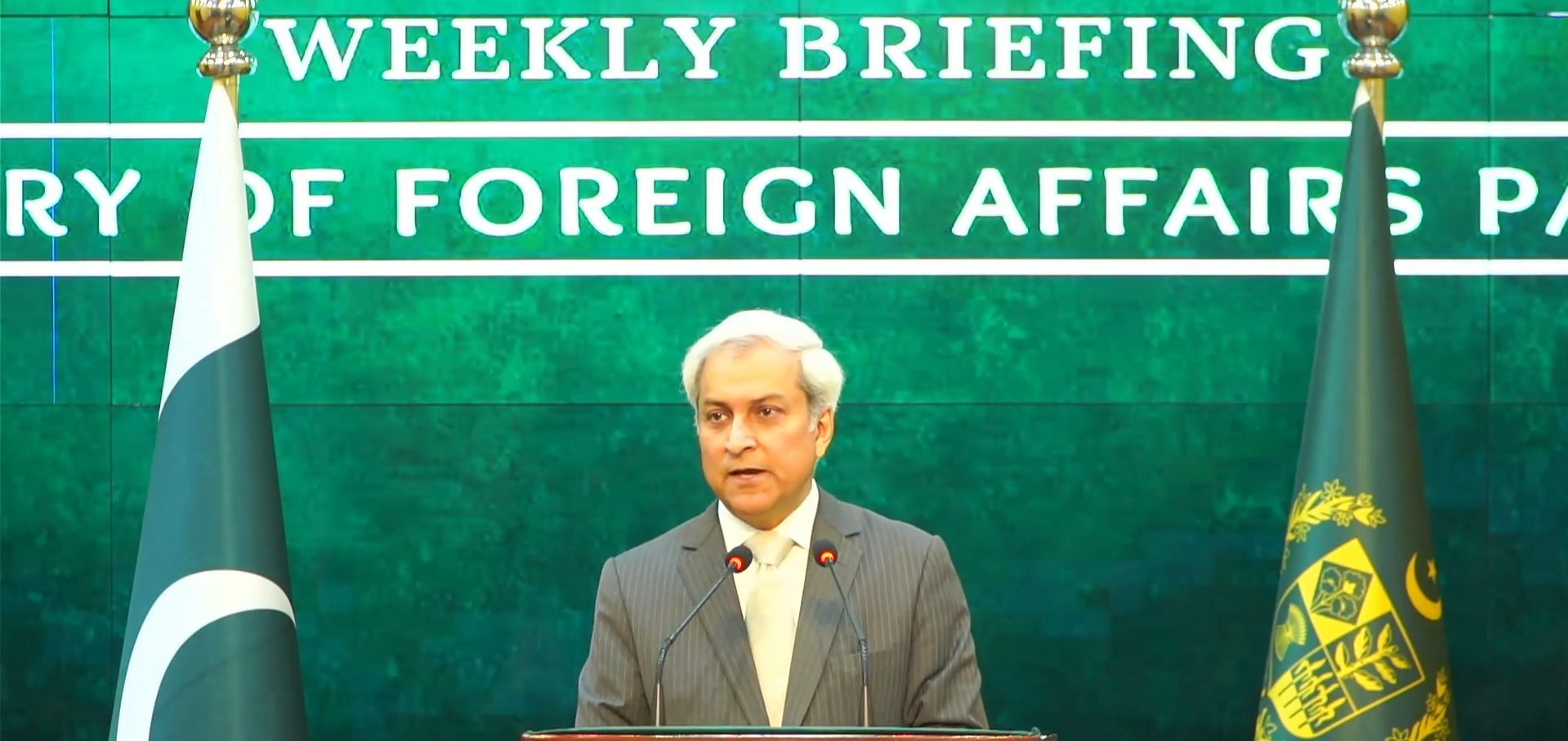LONDON: The BBC lost more than £1.1 billion in revenues in 2024-2025 as UK citizens dodged the licence fees and fewer homes said they needed one, a parliamentary committee report said Friday, urging greater controls.
The report comes as Britain's under-pressure public service broadcaster faces a possible hefty lawsuit, after it admitted to a misleading edit of a speech by US President Donald Trump.
Trump has said he could claim up to $5 billion in damages for alleged defamation over the edit, which spliced together his words to give the impression that he was directly calling for "violent action" during the January 2021 march on the US Congress.
A sizeable proportion of the BBC's income comes from the licence fee, which is payable by all UK households with a television, or whose occupants watch live screening online.
"Evasion rose to 12.5 percent or about 1 in 8 users of the BBC not paying to use BBC services. Combined, household declarations and evasion represent over £1.1 billion in lost income," the parliamentary public accounts committee said in a report.
Currently standing at £174.50 ($228) a year, the fee is expected to rise to £180 in 2026.
Income from fees brought in £3.8 billion for the corporation last year from some 23 million households.
But 3.6 million households declared they did not need a licence, which funds the BBC's television, radio and online services.
The report concluded that the BBC had not done enough to enforce licence fee collection and recommended it should modernise the system.
The row over the Trump edit comes at a politically sensitive time for the BBC, which is due to renegotiate the Royal Charter that outlines the corporation's governance. Its current charter will end in 2027.
"The BBC increased visits to unlicensed households by 50 percent in 2024–25, yet this has not translated into higher licence sales or more prosecutions," the report said.
It also found that while the BBC remained "a trusted institution", it was struggling to retain its foothold in the evolving media landscape.
"Younger people use the BBC less than older audiences and perceive it as less relevant to their interests," it said.
"The BBC's ability to serve all audiences, a core part of its public mission, is under pressure," it warned.






